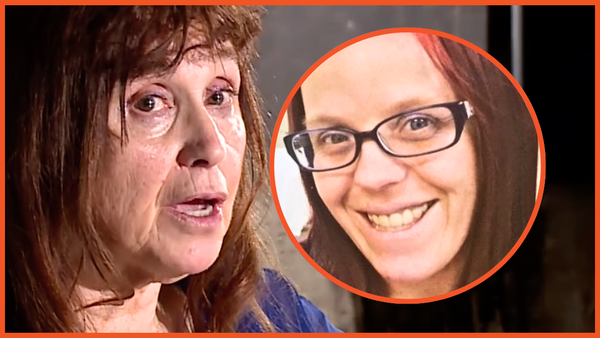After a wave of Omicron sweeping the country defined the start of 2022, health authorities remain focused on encouraging Australians to get their booster dose of a COVID-19 vaccine.
Many have already heeded the call, with 8.9 million people aged over 16 having received their third shot.
But many people will also be asking what comes next, and whether we should expect to be going to a vaccination hub, pharmacy or GP for a fourth time over the coming months.
Experts have weighed in on who may need to consider further booster shots, and how a universal vaccine could transform the status quo.
Will everyone need a fourth dose?
It's a possibility, but it's unlikely and too soon to say for sure.
Deakin University epidemiology chair Catherine Bennett says Australia's vaccine rollout being behind many other countries gives us the luxury to wait and see.
Professor Bennett says it will depend on how immunity in the community holds up into the winter, especially because one booster is already doing a pretty good job.
"It's the booster dose that really protects against symptomatic infection from Omicron in a way the primary course didn't," she says.
"Not only does it reinvigorate your immune response, but it's a different kind of immune response and one we're seeing is more sustained.
There's not enough evidence yet to suggest that another booster would even be beneficial, with Professor Bennett pointing out discussions overseas are going on about how further vaccination "could be desensitising".
"We have to be careful that we're not just assuming every booster is going to give us the same response," she says.
University of South Australia biostatistics and epidemiology chair Adrian Esterman says boosters wane over time like the original two-dose course of COVID-19 vaccines did.
"So the question is, do we just keep injecting people with the vaccine every four or five months for time to come? The answer is probably not," he says.
There's also higher immunity through infection now, after thousands of people recovered from Omicron over the summer.
Professor Bennett says rates of infection have been highest among groups that mix and move around the most, namely young people, which is good for broader community protection.
What about immunocompromised people?
It's a different story for the elderly and people with compromised immune systems.
Professor Esterman says ATAGI has already recommended a fourth dose for at-risk populations, and they may soon be in line for a fifth jab.
Immunocompromised Australians currently have a primary course of three shots plus a booster three or four months later, while the general population only needs two shots then a booster.
Professor Esterman says he expects a fifth dose will be recommended for vulnerable cohorts "in the next two to three months".
Some countries have already moved to recommend another booster for vulnerable people.
Authorities in Germany, for instance, have recommended an additional booster for those aged 70 and over, people with immunodeficiency, healthcare workers, and aged care residents and employees.
Some immunocompromised Australians currently have a recommended primary course of three jabs plus a booster, so an additional booster would amount to their fifth jab overall.
What if more variants emerge?
It remains to be seen, but one booster may be enough to ward off future virus mutations.
Professor Bennett says a single booster is already providing good protection, which is impressive considering how different Omicron is to the variant of the virus the vaccines were originally built on.
She also says there's plenty of work underway on creating a universal vaccine that attacks the fundamental parts of the virus protein instead of the parts that are likely to mutate.
If one of those gets off the ground, that will probably prevent the need for boosters at all.
"That then becomes a bit more like the flu in that we have a slightly different vaccine every year, but that's a way off yet," she says.
Professor Esterman describes a universal vaccine as a "magic bullet" in the fight against COVID-19, but warns it is still a year or two away.







